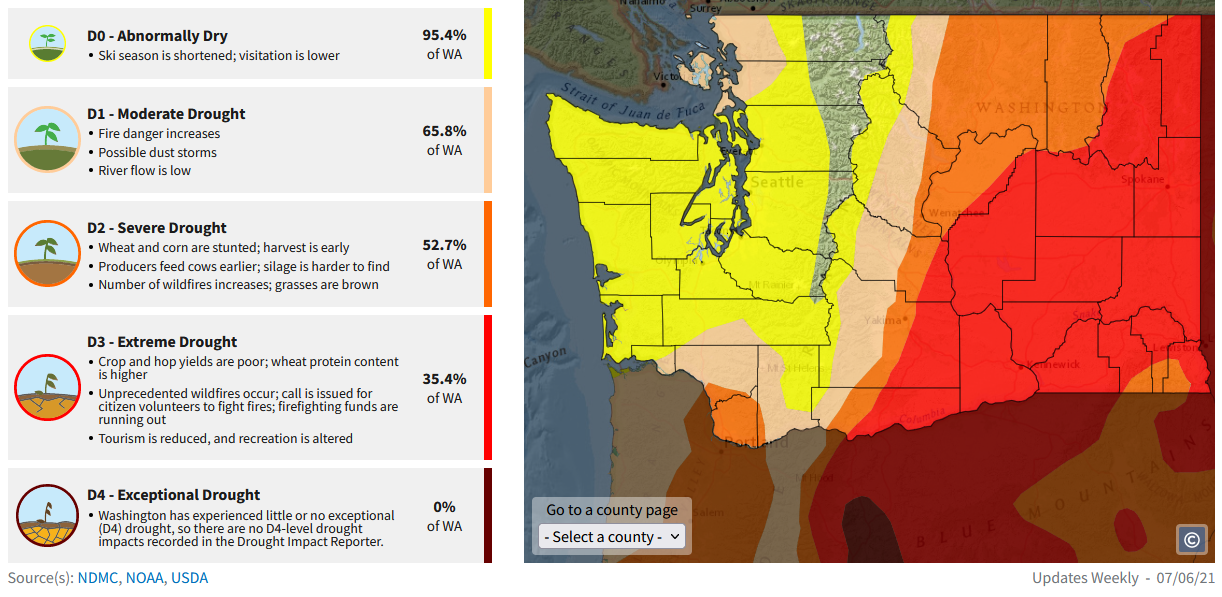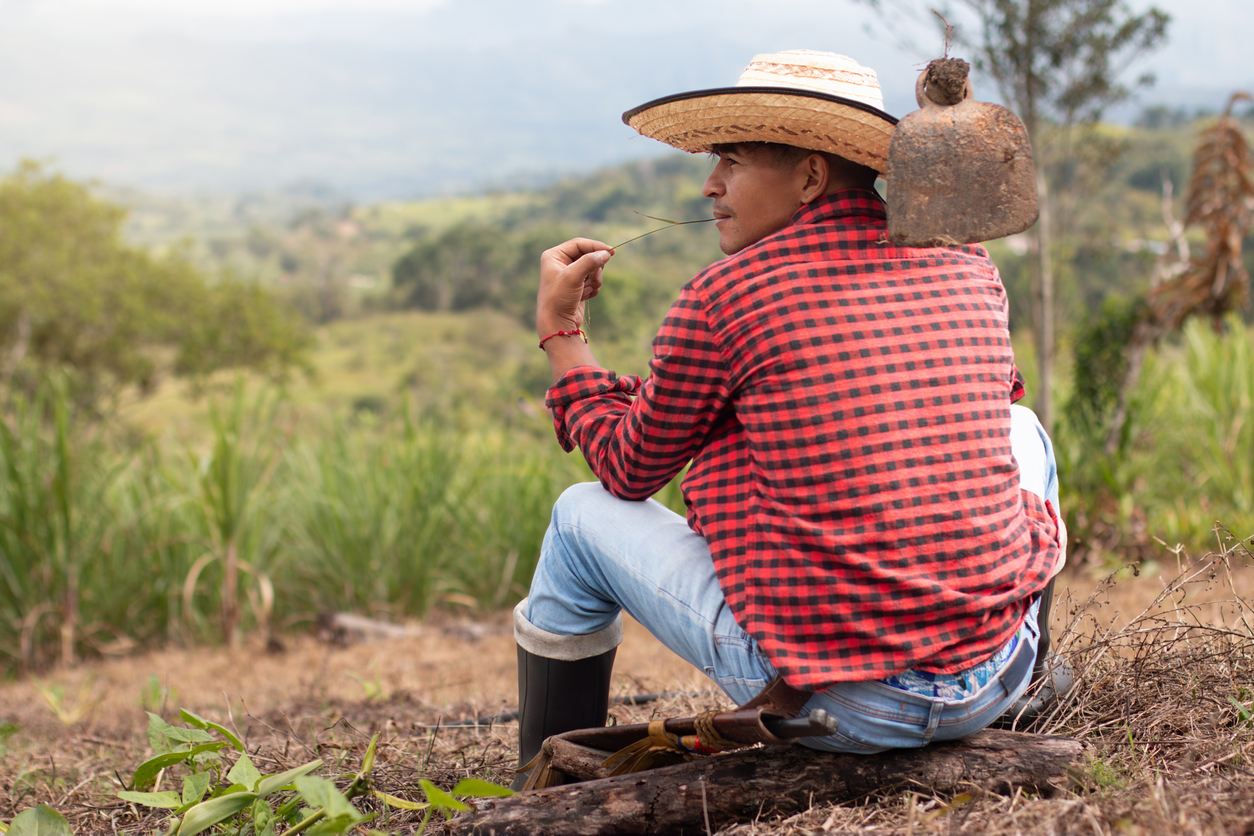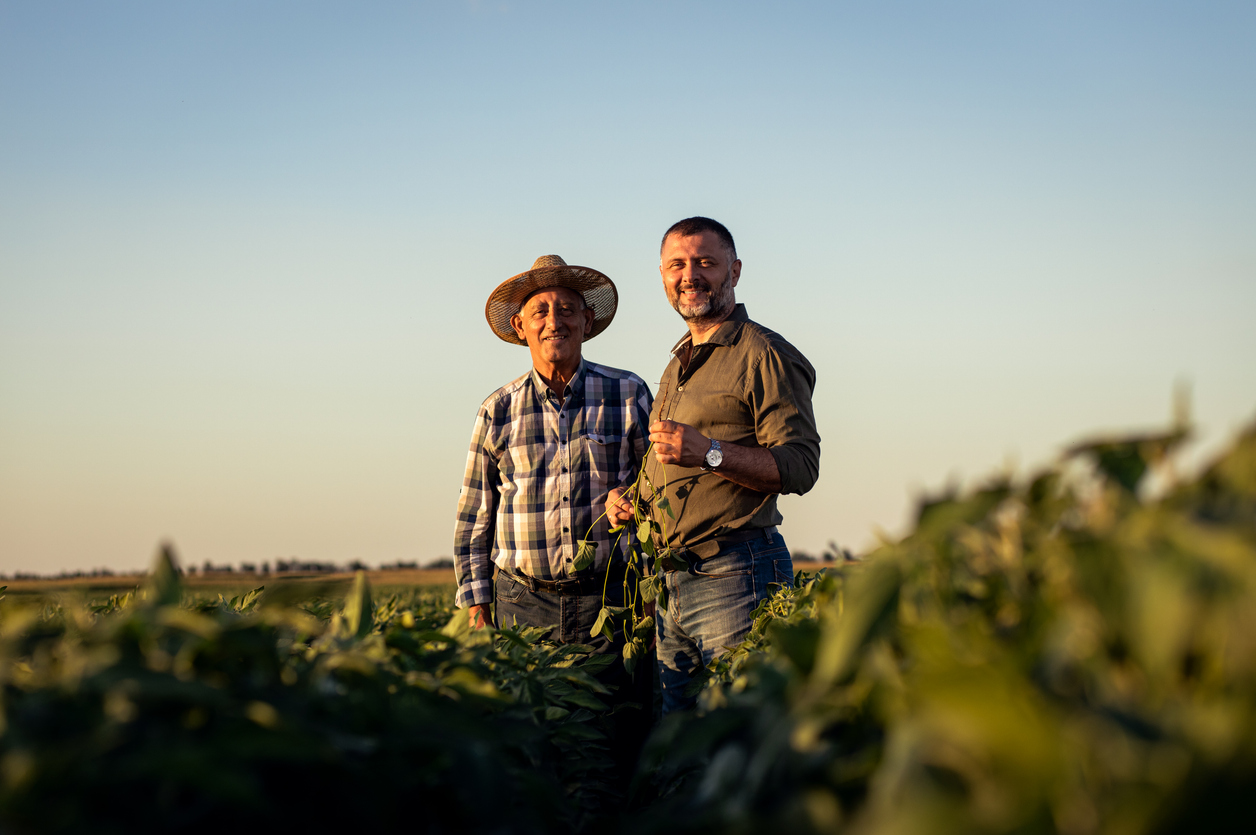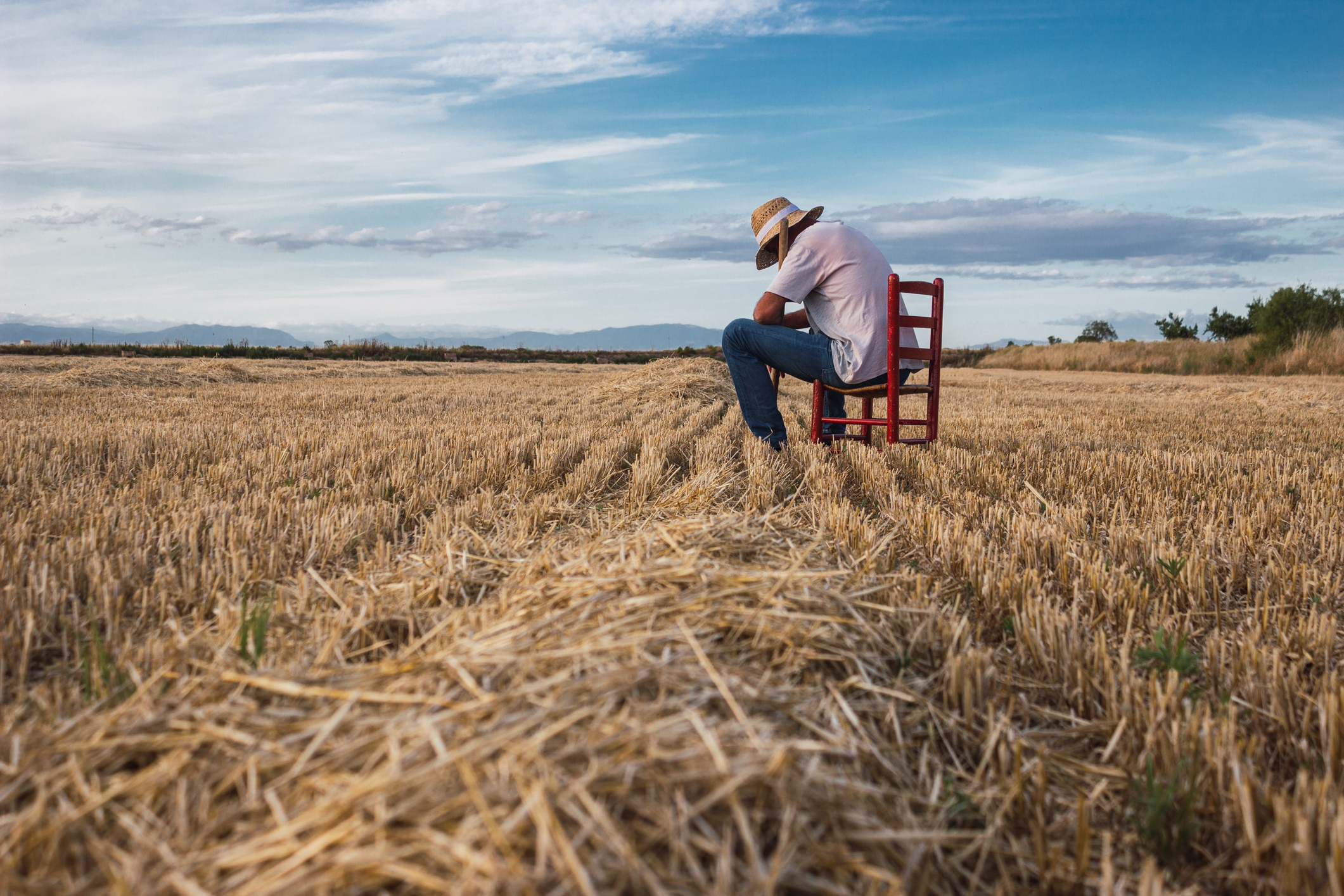In recognition of the drought gripping much of our state, a burn ban was issued today that will remain in effect until Sept. 30.
Ironic given the ignored pleas of the agricultural community to have a drought emergency declared in 14 counties in Eastern Washington just a few weeks ago.
The burn ban prohibits all outdoor and agricultural burning in all 39 counties across the state including campfires, bonfires, land clearing, agricultural burning, and yard debris cleanup. Use of charcoal grills and gas- or liquid-fueled stoves surrounded by five feet of hard surface, campfires within a containment structure, or agricultural burning with a permit remain acceptable.

Washington state’s wheat is world famous as the base for delicious pastries and pastas. This year’s crop is at risk of low yields or, in some places, being destroyed entirely by the one-two punch of soaring temperatures and drought conditions.
The Washington Association of Wheat Growers and the Washington Grain Commission teamed up to bring their concerns for our wheat farmers to the state’s attention, noting in their letter, “Complete crop loss is also a looming reality for some dryland growers. … A drought declaration will open the doors for growers to access critical resources needed during these challenging times of economic hardship.”
Rather than acknowledging the need for on-farm assistance to ensure dryland wheat production in Washington state, the state instead rebuffed the request, encouraging farmers to seek assistance from the U.S. Department of Agriculture.
The hypocrisy of these two actions occurring within weeks of each other is absurd. If conditions of “historic drought” exist to warrant a burn ban that will last through the end of the summer season as indicated in the proclamation issued today, then certainly those drought conditions also warrant an emergency declaration for the struggling farmers of the Eastern Washington counties of Adams, Asotin, Columbia, Franklin, Garfield, Grant, Kittitas, Klickitat, Lincoln, Spokane, Stevens, Walla Walla, Whitman, and Yakima.
Choosing the ignore the plight of wheat growers in the Eastern part of the state does nothing but reinforce the belief in rural counties that our state’s government does not care about the needs of the people outside of King, Pierce, and Thurston counties.






